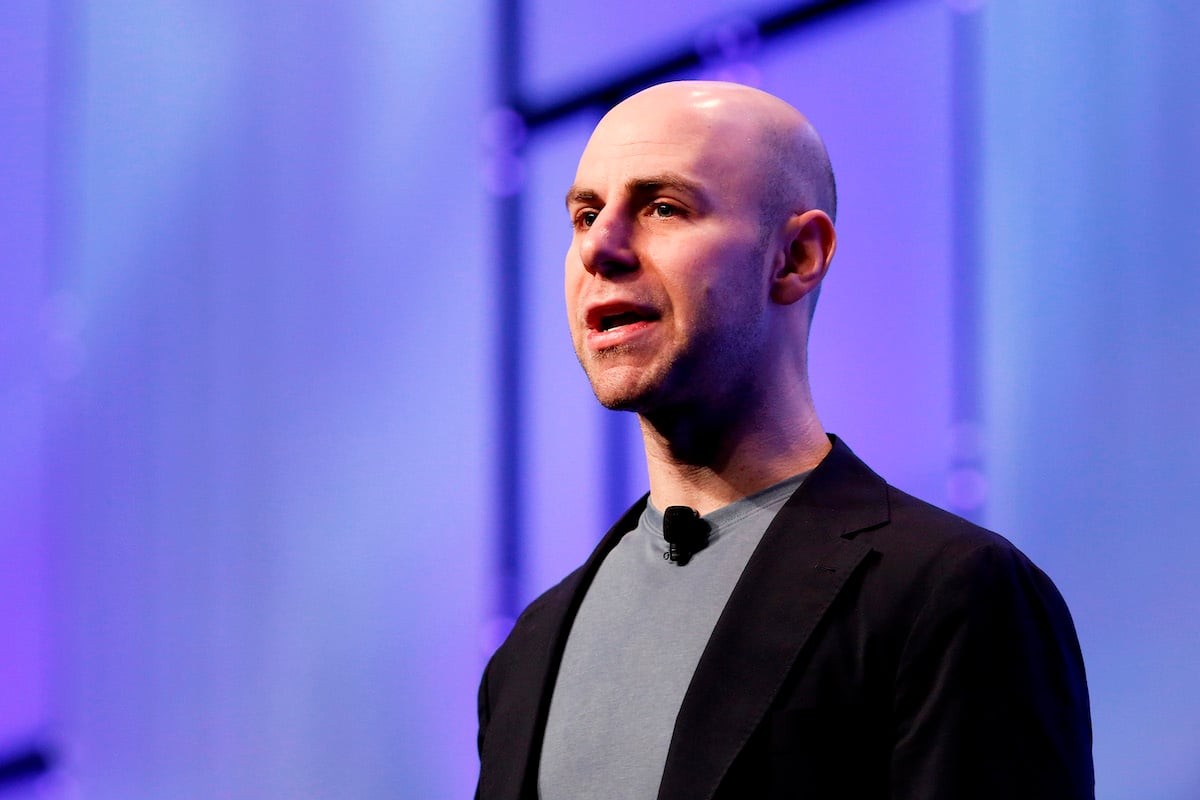Psychologist Adam Grant’s books Give and Take, Originals and Option B have sold more than one million copies. He is also the host of the WorkLife, a TED original podcast. Here, Adam reveals the secrets to his success:
On thinking creatively…
In an ideal world, if I’m going to work on something creative the next morning, I actually spend a few minutes the night before just mapping out some ideas. Then when I wake up, I find that I’ve processed some of them a little bit and then I feel like I can just hit the ground running.
On managing email…
When I’m working on a big project, I’d have hundreds of emails accumulating and it felt like I couldn’t keep up. The way I motivated myself was based on what I’ve studied in my research. When a task is unpleasant, like clearing out 300 emails, I’m not going to motivate myself by thinking about the benefits to me. If I thought the activity was beneficial to me, I would already be motivated to do it. The only way to motivate myself is to ask, ‘What good is this going to do for the people that I’m answering?’
I actually started going through my inbox and sorting by where I could have the most impact, and so it wasn’t who emailed me first, it wasn’t necessarily who I knew best, it was where could I add the most value. As I answered a few of those emails, I started to get a rhythm and I started to feel like, ‘Alright, this is kind of annoying, but I also feel like I’m doing something useful here.’ That would give me the energy I needed to finish the task and get my inbox cleaned.
On spending time on social media…
You could go cold turkey, but I actually find some of those distractions to be useful mini breaks. When I’m stuck on an idea or a sentence when I’m writing, I’ll actually go over to Twitter and check it for a minute or two. I limit myself on a clock and I also have goals for how much I have to finish before I’m allowed to go over and check. I will also say though, if the urge to spend hours scrolling through Facebook is dragging you away from your work, then your work isn’t motivating enough. I actually feel the opposite of that impulse if I’m scrolling through Facebook. I’m like, ‘Oh, but I have this really exciting work to do, I want to get back to that.’
On goal-setting…
I start a week by asking myself what are three things I want to accomplish and what are three people that I want to help, or three ways I want to be helpful. Then I do an informal check-in on a daily basis to ask, ‘Am I making progress towards those goals?’ I think it keeps me from getting stuck in the weeds of the one goal that’s happening to loom large at the moment, and it forces me to make sure that I’ve got my priorities in order.
On meetings…
I read a study out of Ohio State University, which showed that when you have a meeting coming up in an hour or two, you use the time in between much less productively. When people knew they had a meeting on their calendar, they used their time between now and then to get 22% less work done, compared to if they didn’t have a meeting in their calendar. For me, it’s reinforcement for something I’ve done for a long time. On a teaching day, I’ll hold all my office hours meetings back to back. But then I’d have another day with no meetings at all where I could really focus and be productive.
This interview is an extract of Amantha’s full interview with Adam Grant on How I Work.







